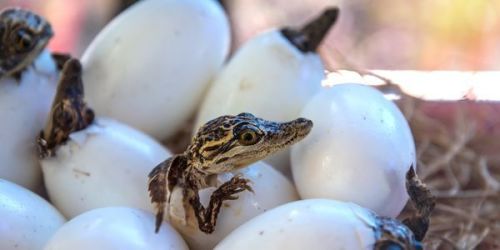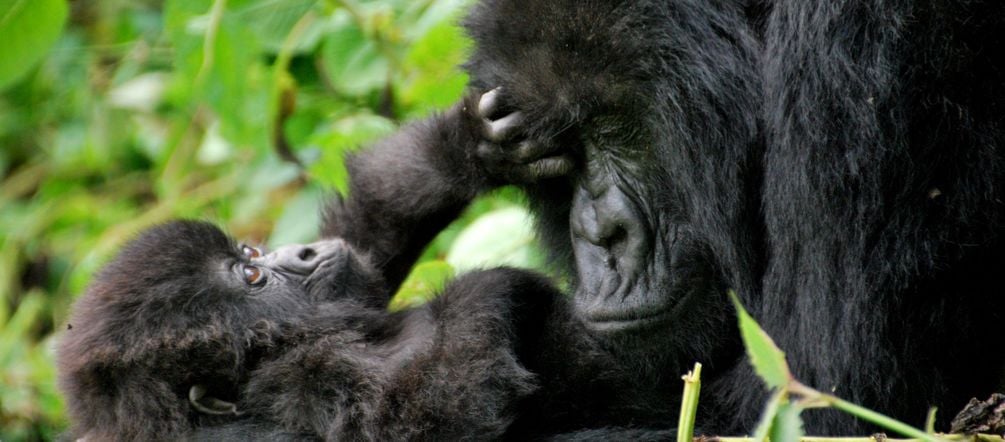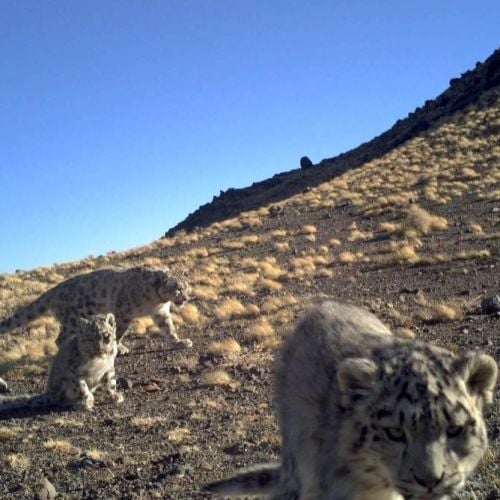|
Sign Care2’s petition demanding that they abandon the proposed facility in Australia, and ban the use of exotic skins from its products completely!
Where does the material for handbags and shoes come from?
Well, Hermès, the French fashion brand, want to build a new facility in Australia. Here 50,000 crocodiles will be born into captivity. They will be skinned and turned into handbags and shoes.
Incredibly, the project has been granted development and environmental approvals.
How is it that someone can say it’s okay to breed crocodiles into captivity to be skinned for handbags and shoes?
The fashion brand plan to steal eggs from mother crocodiles in the wild. This will cause fear, stress and aggression.
When the eggs hatch in the factory farm walls, the baby crocs will kept in tight concrete enclosures. Their movement will be restricted and they will have no stimulation.

And when they have grown big enough, their skin will be ready to be harvested.
PETA have reported that on other crocodile farms, crocodiles are electrocuted. Their bodies shake and protest wildly.
Some may even still be alive as their necks are slit. Metal rods are rammed down their spine in an attempt to kill them. Some have been seen to be alive as the skinning starts.
Hermès says it "has defined and implemented a very strict, science-based, animal welfare policy."
Hmm...really?
Chanel, Vivienne Westwood and Mulberry have banned exotic animal skins in their products. They use vegan alternatives which look the same.
Tell Hermès that’s not too late to join the right side of history. Sign the petition demanding that they abandon the proposed facility in Australia, and ban the use of exotic skins from its products completely!
Please sign the petition here
|


